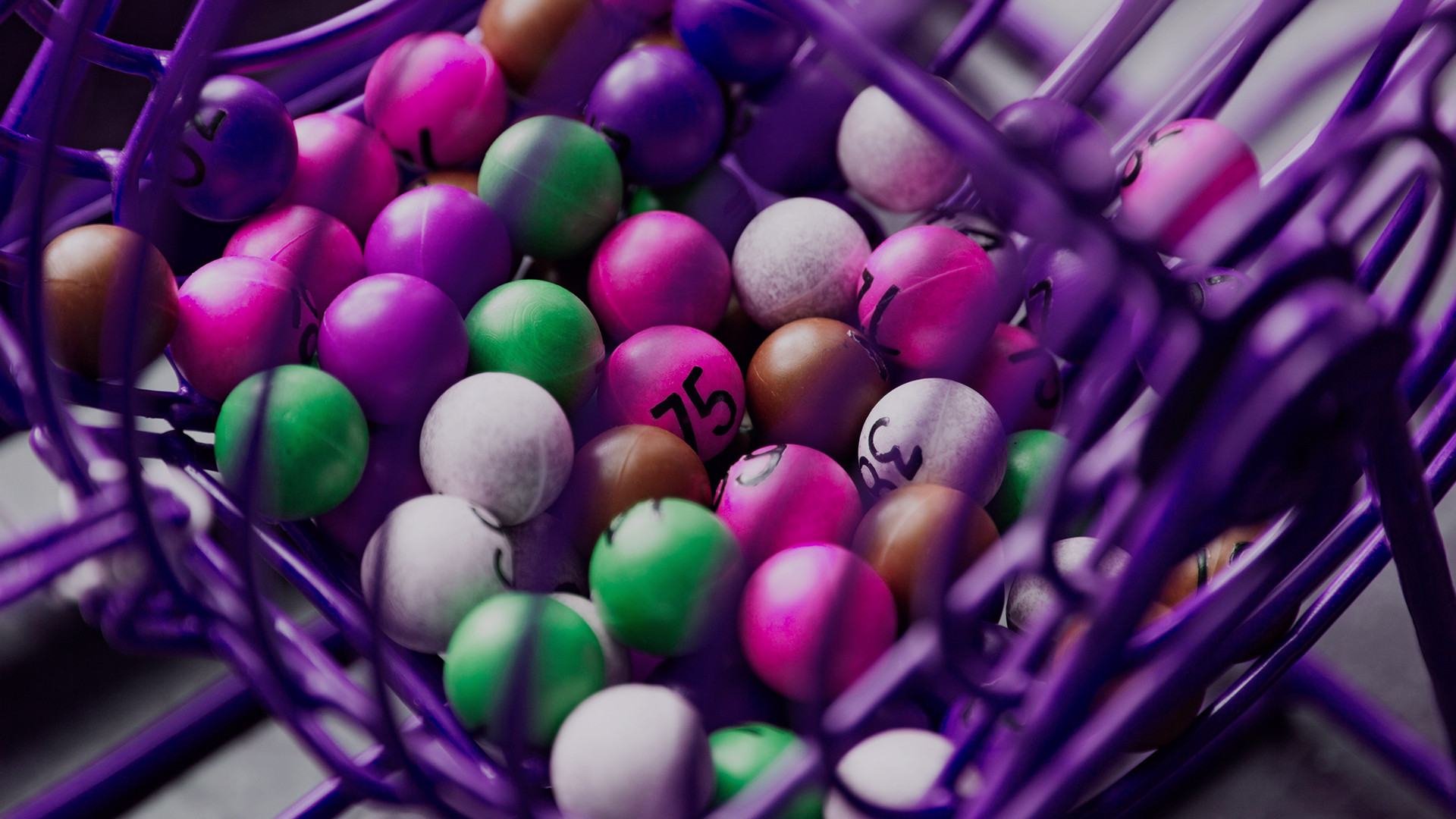
Evolution of Bingo in the UK
What do you think of when someone tells you to imagine something traditionally British? Depending on your age and upbringing, your brain could take you to the concept of traditional bingo halls that once featured across the length and breadth of the country. Bingo is a game that’s very much alive, despite having such a long-standing history.
Here you’ll find everything you need to know about the history of bingo online and offline and where we find ourselves today.
History of Bingo
Believe it or not, despite being a staple of British culture, the history of bingo doesn’t truly belong to this country. No, it originates instead in the Mediterranean beauty spot, Italy. It’s not known exactly where or how it began, but it is thought that the game that would come to be bingo, began all the way back in the 16th century. It was essentially the Italian lottery and this is what would make its way to the shores of the United Kingdom around the late 19th century to the early 20th century and was known as Housey-Housey.
It began to gain popularity in the very early stages of the 1900s and would rocket to the success that saw it remain a strong contender for Britain’s most popular games in the 1960s. This was after the UK government enacted the Betting and Gaming Act 1960. It gave bingo, as well as other games of chance, a regulatory framework to work within and this led to a number of businesspeople taking the chance to invest in big, bingo-specific venues. These bingo halls led to bingo chains, and they would spread all across the country and entice customers with their big prizes.
Bingo In the First World War
It wasn’t only after the 1960s that the game was popular. The early 19th century was one of rapid change, largely spurred on by the turmoil that was unfolding across the European continent. July 1914 to November 1918, the period known as the “First World War”, saw men from all corners of the globe come together in tight confines where they would be expected to live together in squalor. Trench warfare meant that young men were experiencing others from different cultures, often for the first time, and sharing ideas and pastimes with them.
One of the most popular forms of killing time was to play games of chance. Many would take decks of cards and play some of the more traditional card games that you would expect. However, the British soldiers would also play Housey-Housey, increasing its popularity by partnering it up with the camaraderie that they felt with their brothers in arms. Its simplicity and the fact that you could easily make your own bingo cards and whatever else you needed for the game meant that it became a big deal. Then, after the war ended and the young men who had played this game for months, if not years, returned, they espoused the joys of a game of Housey-Housey to their friends and family at home.
More Commercialised Bingo
After the implementation of the Betting and Gaming Act 1960, many business owners saw the chance to make the most of this new legislation. They would open up bingo halls and some of the first big chains would open their doors, meaning that bigger prizes could be offered as jackpots and profits were all pooled into one nationwide pot. Long-gone were the days of disorganised and amateur bingo dens.
Because of this shift, you began seeing big-name brands that grew to dominate the industry and replaced the more community-focused halls that once were. When picture houses - now what we would call cinemas - and theatres would close, they would often be snapped up by entrepreneurs who would renovate them and turn them into flashy bingo venues. Now, though, purpose-built venues for these big chains was the rage and it saw many of these historic venues fall out of use.
The Move From Bingo Halls
That bingo hall boom wouldn’t last forever, though. Through a combination of changes in the UK, including the introduction of the internet, the bingo industry saw something of a nosedive. They were no longer the place to be for a game of bingo. Instead, people were seeking their entertainment elsewhere and bingo became something of a niche pastime.
After this, it became common to see novelty bingo nights aimed at younger, more millennial audiences playing out in nightclubs and university student unions. These would often forego the standard cash prizes and focus on novelty items. But that’s not to say that bingo is dead. Not at all.
The Rise of Online Bingo
The internet has changed everything. When looking at the history of online bingo, you can see it also benefitted greatly from this societal shift into the digital age. One of the first examples of this was in 1996 when one of the first online bingo games was released. Since then, it has continued to grow.
You can still find bingo halls in every part of the country. However, many of them now use the internet to connect with each other, and even other online games, in order to pool together jackpots. They still remain popular but it’s clear to see that the convenience and variety of titles, with games like Slingo available, will keep online bingo growing as we go.